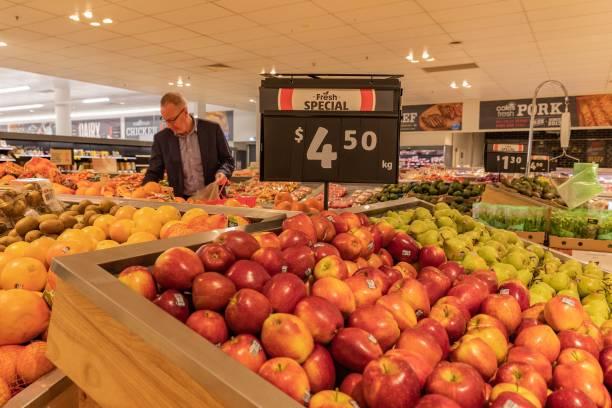The Morrison government has cautioned that increasing Australia’s minimum wage this year could constrain small business recovery and employment.
“Higher labour costs during this challenging period could present a major constraint to small business recovery and may dampen employment in the sector,” the government noted in a submission (pdf) to the Fair Work Commission’s annual review, urging the Commission to consider the job creation and business viability during the post-pandemic economic recovery.





